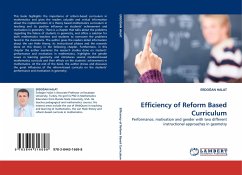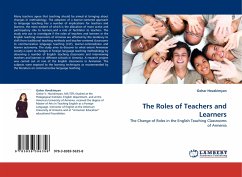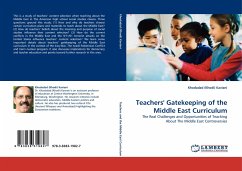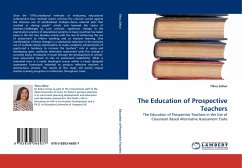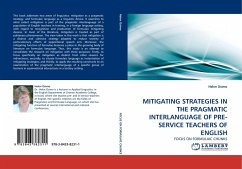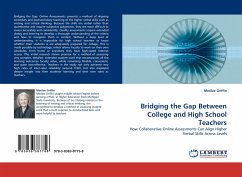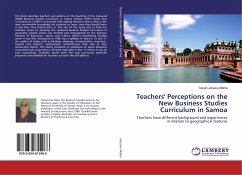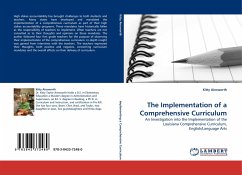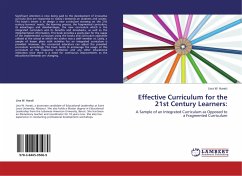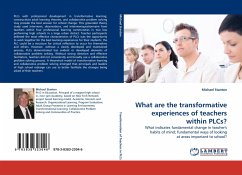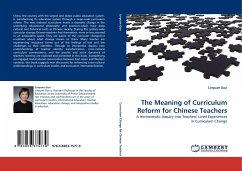
The Meaning of Curriculum Reform for Chinese Teachers
A Hermeneutic Inquiry into Teachers'' Lived Experiences in Curriculum Change
Versandkostenfrei!
Versandfertig in 6-10 Tagen
52,99 €
inkl. MwSt.

PAYBACK Punkte
26 °P sammeln!
China, the country with the largest and oldest public education system, is transforming its education system through a large-scale curriculum reform. The new national curriculum marks a dramatic change in the underlying educational philosophy and practices,which have deep cultural and historical roots in Chinese society. During this system-wide curricular change,Chinese teachers find themselves, more or less,situated in an ambivalent space. They are aware of the curricular change,but uncertain about what change means to them. Many teacher are experiencing resistance borne out of the feelings o...
China, the country with the largest and oldest public education system, is transforming its education system through a large-scale curriculum reform. The new national curriculum marks a dramatic change in the underlying educational philosophy and practices,which have deep cultural and historical roots in Chinese society. During this system-wide curricular change,Chinese teachers find themselves, more or less,situated in an ambivalent space. They are aware of the curricular change,but uncertain about what change means to them. Many teacher are experiencing resistance borne out of the feelings of lost and the challenges to their identities. Through an interpretive inquiry, new understandings of teacher identity transformation, cross-cultural curriculum conversations, and the psychic and social dynamics of teachers' learning are explored and presented in this book. Examplifying an engaged transnational conversation between East Asian and Western contexts, this book suggests new discourses for enhancing cross-cultural understandings in curriculum studies and curriculum internationlization.



